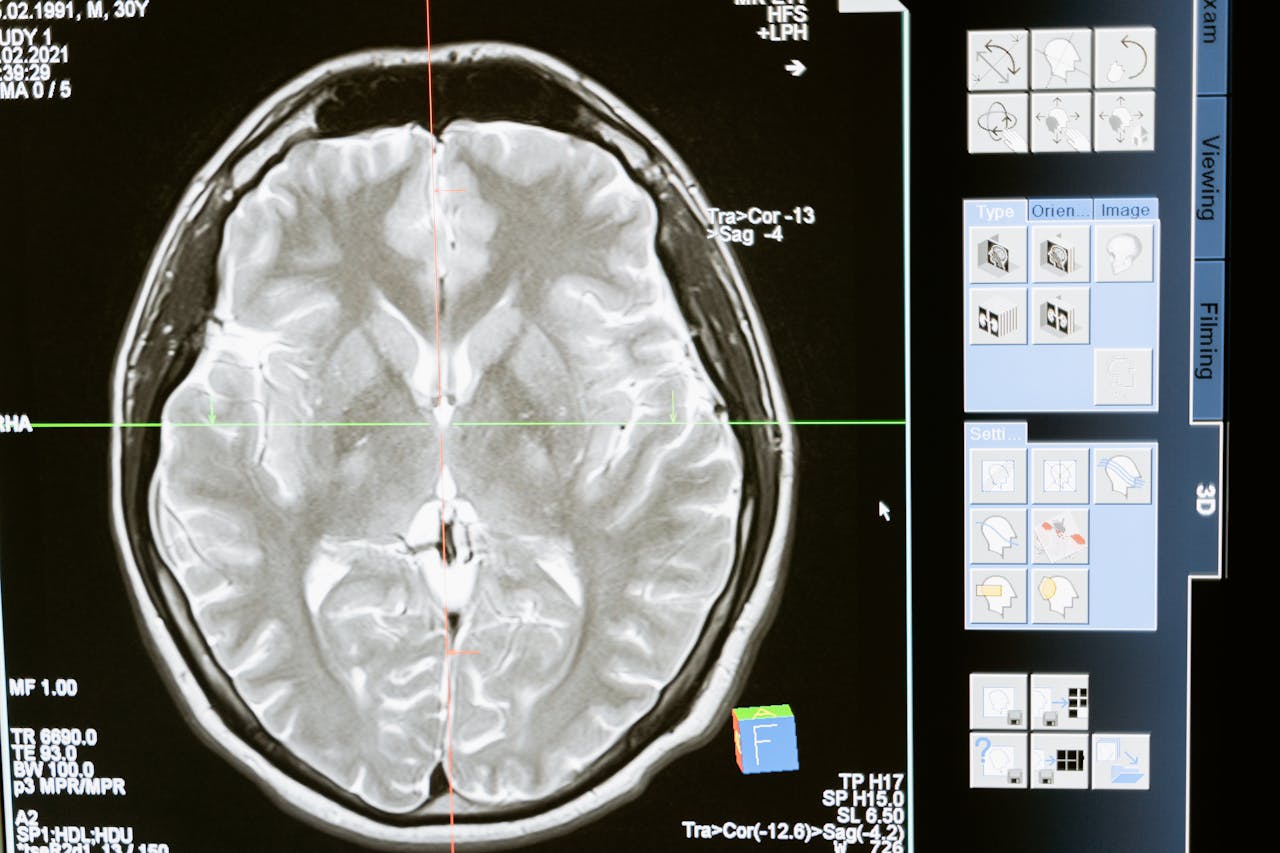Now Reading: What Are the Long-Term Effects of a Traumatic Brain Injury?
-
01
What Are the Long-Term Effects of a Traumatic Brain Injury?

What Are the Long-Term Effects of a Traumatic Brain Injury?
Traumatic Brain Injury (TBI) is a major health concern that can have lasting effects on individuals’ lives. Whether caused by a fall, car accident, or sports injury, TBIs can lead to significant and prolonged impairments. Understanding the long-term effects of TBI is crucial for victims and their families to navigate the recovery process and seek appropriate legal and medical assistance. In severe cases, it’s essential to get in touch with a brain injury lawyer to explore potential compensation and support for ongoing care.
Physical Effects
Chronic Pain
One of the most common long-term effects of TBI is chronic pain, which can manifest as headaches, neck pain, and generalized body aches. This pain can be persistent and debilitating, significantly impacting daily life and the ability to work.
Mobility Issues
TBIs often result in problems with mobility. Individuals may experience difficulties with coordination, balance, and motor skills. This can necessitate the use of assistive devices such as walkers, wheelchairs, or canes, and may require physical therapy to improve movement and reduce the risk of falls.
Sensory Problems
Sensory impairments are also prevalent among TBI sufferers. These can include blurred vision, ringing in the ears (tinnitus), and loss of taste or smell. Sensory problems can exacerbate the challenges of daily living and reduce overall quality of life.
Cognitive Effects
Memory Loss
Memory issues are a significant cognitive effect of TBI. Individuals may struggle with short-term memory, making it difficult to retain new information. Long-term memory can also be affected, leading to gaps in personal history and experiences.
Attention and Concentration
TBIs can impair the ability to focus and maintain attention. This can impact academic and occupational performance, making it difficult to complete tasks that require sustained concentration.
Executive Functioning
Executive functions, which include planning, organizing, and problem-solving, can be severely affected by TBI. This impairment can lead to difficulties in managing daily activities, finances, and time, requiring additional support and accommodations.
Emotional and Behavioral Effects
Depression and Anxiety
Emotional health is often compromised following a TBI. Depression and anxiety are common, stemming from changes in brain chemistry, the stress of recovery, and adjustments to new limitations. These conditions can severely affect the individual’s quality of life and require ongoing mental health support.
Mood Swings and Irritability
Mood swings and increased irritability are frequent in TBI patients. These emotional changes can strain relationships and create challenges in social and professional settings. Managing these symptoms often requires a combination of medication and therapy.
Personality Changes
Significant personality changes can occur after a TBI. Individuals might display uncharacteristic behaviors, such as impulsivity or aggression, which can be distressing for both the patient and their loved ones.
Social and Vocational Effects
Relationship Strain
The long-term effects of TBI can place a significant strain on personal relationships. Changes in behavior, mood, and cognitive function can lead to misunderstandings and conflicts with family and friends. Support groups and counseling can be beneficial in managing these challenges.
Employment Challenges
Returning to work after a TBI can be challenging. Cognitive and physical impairments may limit the types of jobs an individual can perform. Employers may need to provide accommodations, and some individuals may require vocational rehabilitation to help them adapt to new roles or find suitable employment.
Social Isolation
Social isolation is a common issue for TBI survivors. Difficulties in communication, mobility, and behavior can lead to withdrawal from social activities and friendships. Encouraging participation in support groups and community activities can help mitigate feelings of isolation.
Legal and Financial Implications
Medical Expenses
The cost of treating and managing TBI can be substantial. Medical expenses may include hospital stays, surgeries, medications, rehabilitation, and ongoing therapy. These costs can be overwhelming for individuals and their families.
Legal Assistance
Given the significant impact of TBI on an individual’s life, it is crucial to get in touch with a brain injury lawyer. A lawyer can help navigate the complexities of personal injury claims, seek compensation for medical expenses, lost wages, and pain and suffering. They can also provide guidance on accessing additional resources and support.
Compensation and Benefits
In many cases, TBI victims are entitled to compensation through insurance claims or legal settlements. This compensation can help cover medical bills, rehabilitation costs, and other expenses. Additionally, individuals may qualify for disability benefits, which can provide ongoing financial support.
Rehabilitation and Support
Medical Rehabilitation
Comprehensive medical rehabilitation is essential for TBI recovery. This may include physical therapy, occupational therapy, and speech therapy to address various impairments and improve overall functioning.
Psychological Support
Psychological support is crucial for managing the emotional and behavioral effects of TBI. This can include counseling, psychotherapy, and support groups for both patients and their families.
Community Resources
Access to community resources and support services can enhance the recovery process. This might include local support groups, vocational training programs, and recreational activities designed for individuals with disabilities.
Conclusion
The long-term effects of a traumatic brain injury are far-reaching, impacting every aspect of an individual’s life. Physical, cognitive, emotional, and social challenges can make recovery a complex and prolonged process. It is essential for TBI victims and their families to seek comprehensive medical care and legal assistance. Getting in touch with a brain injury lawyer can help secure the necessary resources and compensation to manage the ongoing impacts of TBI. By understanding the potential long-term effects and taking proactive steps to address them, individuals can work towards improving their quality of life and achieving the best possible outcomes in their recovery journey.









